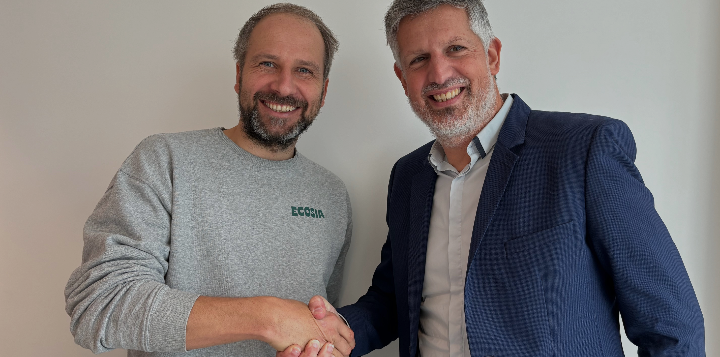In a move that could shake up the search engine landscape, two European players, Ecosia and Qwant, are joining forces to develop their own search index. This initiative aims to reduce reliance on search indexes provided by tech giants like Google and Microsoft (Bing), and pave the way for a more innovative and privacy-focused search experience.
Why are Ecosia and Qwant Taking This Step?
There are several motivations behind this partnership:
- Reduced Reliance on Big Tech: Rising API costs, particularly from Microsoft's Bing, are pushing Ecosia and Qwant to diversify their tech stack. Owning their own search index offers greater control and potentially lower operational costs.
- Innovation with Generative AI (GenAI): Both search engines see GenAI as a key driver of future search experiences. Building their own index allows them to integrate GenAI features more seamlessly and avoid restrictions imposed by Big Tech.
- Data Sovereignty and Privacy: Ecosia and Qwant prioritize user privacy and data security. A European search index would allow them to serve "privacy-first" results, not personalized based on user data. This aligns with growing concerns about data sovereignty in Europe.
- Strategic Autonomy: The dominance of US tech giants raises concerns about European dependence on their infrastructure. A homegrown search index offers greater strategic autonomy for Europe.
What is the European Search Perspective (EUP)?
The joint venture between Ecosia and Qwant is called European Search Perspective (EUP). It will be a separate entity with a 50:50 ownership split and headquartered in Paris. Qwant's engineering team will form the core of EUP, with Olivier Abecassis, Qwant's CEO, leading the venture.
How Will EUP Work?
The plan is to launch EUP initially in France and Germany, serving traffic for both Ecosia and Qwant. English is expected to be the third language, with potential expansion to other European languages in the future.
Here's a breakdown of the key aspects:
- Search Index Development: Qwant has already been working on its own search index, which will now be the foundation for EUP. This approach, Abecassis emphasizes, is different from simply copying Google or Bing. EUP aims to build a "very different" index that prioritizes diverse search results and avoids user data personalization.
- Data and Investment: Ecosia brings expertise, data, and financing to the table. EUP will also need to develop additional technologies like search result widgets. Joining forces allows for faster development and the ability to hire more engineers.
- Openness to Collaboration: EUP is open to other European firms joining the initiative, either as customers or potential partners.
What are the Challenges?
Building and maintaining a search index is a complex and expensive undertaking. Some of the challenges EUP will face include:
- Competition: Established players like Google and Bing have a significant head start in terms of technology, user base, and data.
- Crawling Restrictions: Big Tech platforms are increasingly guarding information within their own ecosystems, making it harder for search engines to crawl and index content effectively.
- Cost of Development: Developing a high-quality search index requires substantial resources and investment.
What are the Potential Benefits?
Despite the challenges, EUP presents several potential benefits:
- Privacy-Focused Search: EUP's "privacy-first" approach could appeal to users concerned about data collection and personalization practices of Big Tech search engines.
- Search Innovation: By building their own infrastructure, Ecosia and Qwant can integrate GenAI features and experiment with new search experiences, potentially leading to a more innovative search landscape.
- European Data Sovereignty: A European search index offers greater control over user data and reduces reliance on US tech giants, promoting data sovereignty for Europe.
The Future of Search: A More Competitive Landscape
The partnership between Ecosia and Qwant marks a significant development in the search engine landscape. While established players like Google and Bing will remain formidable competitors, EUP's initiative has the potential to create a more competitive and innovative search environment. This could benefit users by offering more privacy-focused options and driving innovation in search technology.


Post a Comment